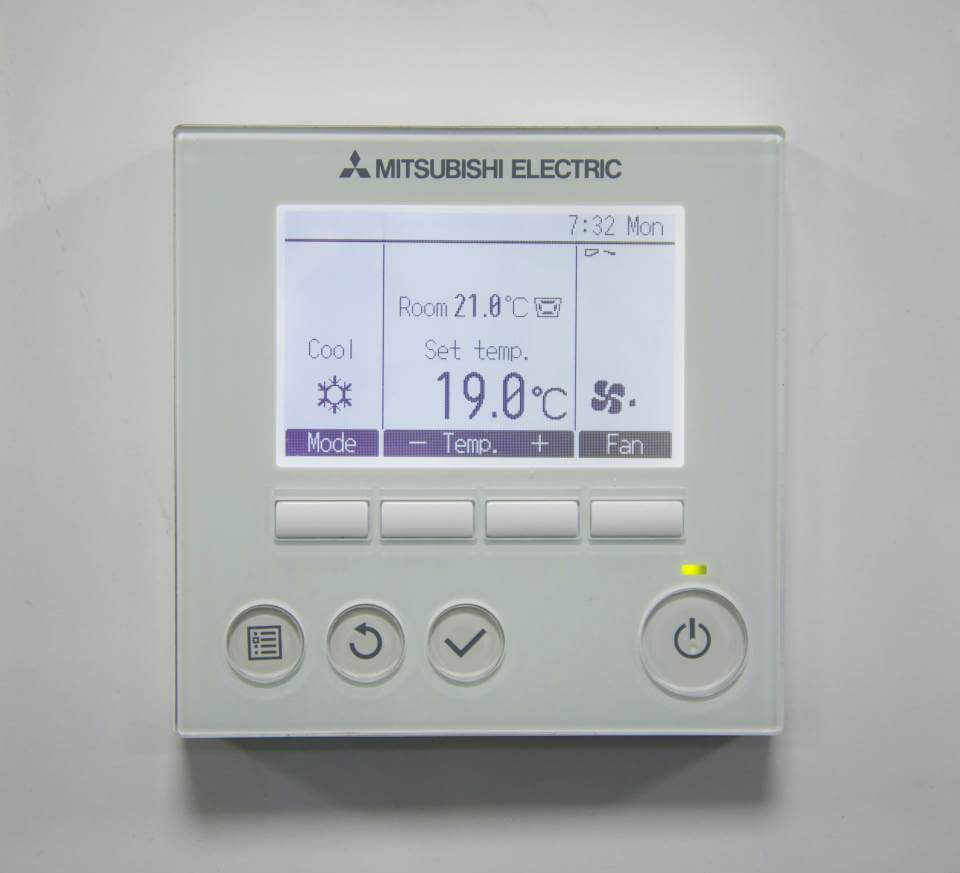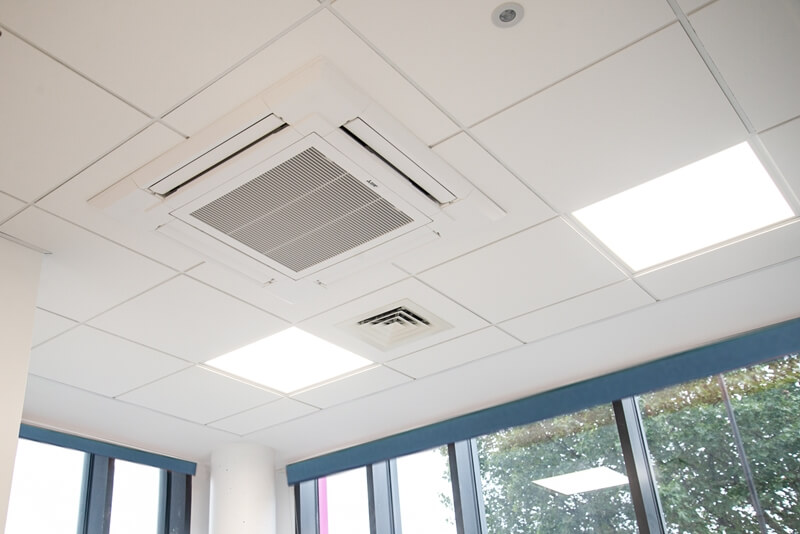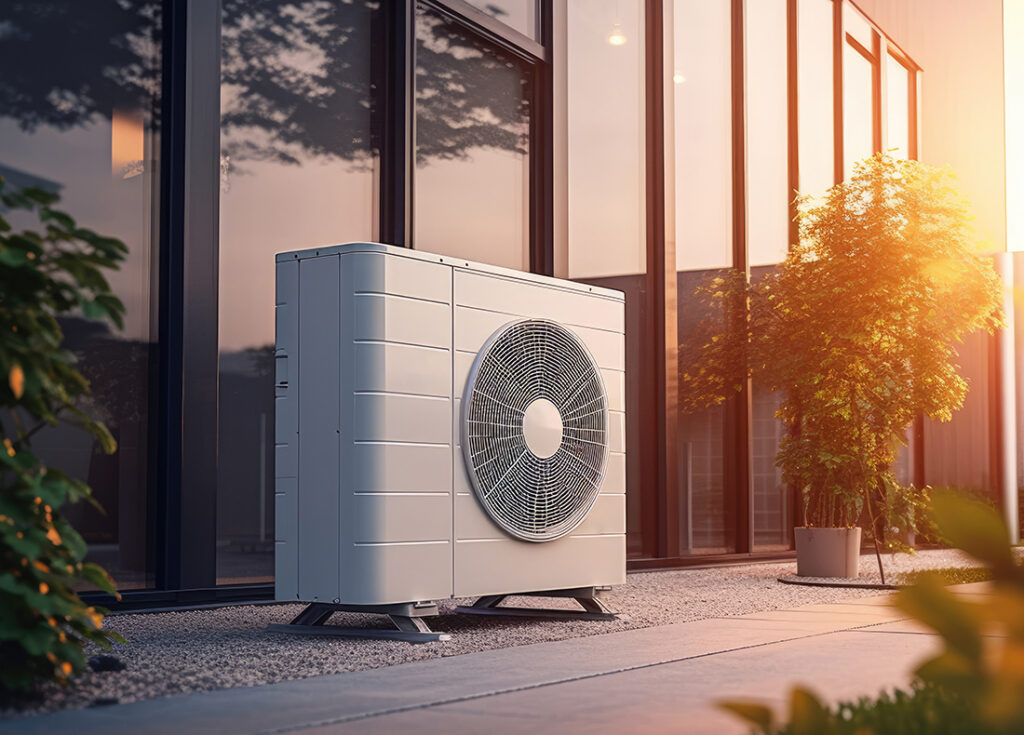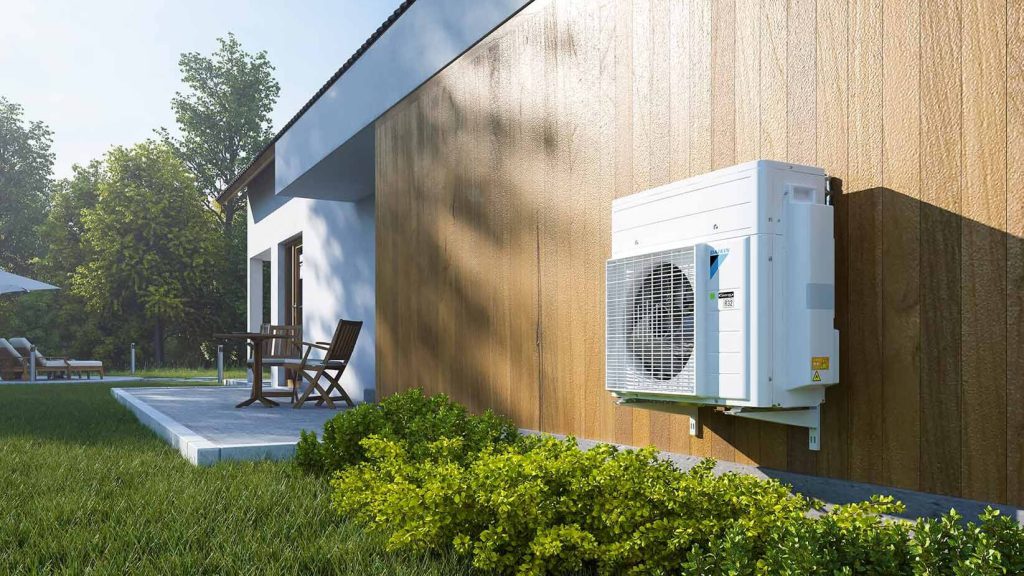If It Wasn’t For Air Conditioning You Probably Wouldn’t Be Reading This Article
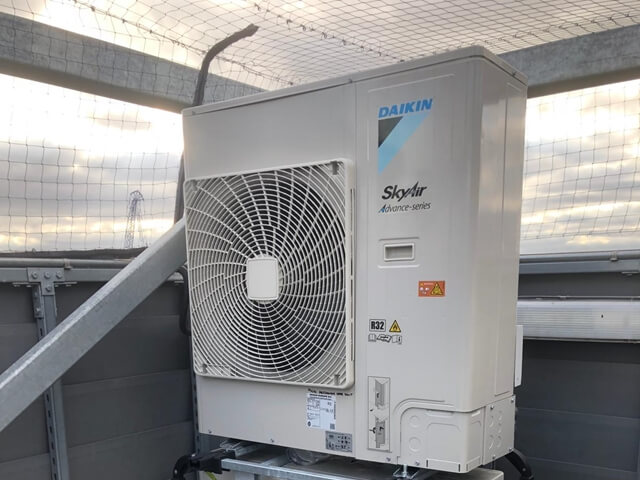
Estimated reading time 7 minutes
Just like many electrical and mechanical systems we take air conditioning for granted. But it’s interesting to note just how many systems require air conditioning to work, in fact the world as we know it today couldn’t exist without air conditioning and if it wasn’t for air conditioning the chances are you wouldn’t be reading this article!
A Brief History of Air Conditioning
Before we look at what the world would be without being able to keep things and places cool let’s briefly review the history of air conditioning.
Air conditioning isn’t new invention. It’s been around for a long time. It might be difficult to believe but we can trace the concept of “air conditioning” back as far as prehistoric times when snow and ice were used for cooling by evaporation. In ancient Egyptian times living spaces were kept cool through hanging wet reeds in windows. As the water on the reeds evaporated the air blowing through the window was cooled providing the interior with a cooler, more comfortable temperature.
Over the centuries improvements were made on these basic “air conditioning” cooling techniques and by the 1900’s the first commercial air conditioning system was born, invented by Willis Carrier (also known as the father of the modern air conditioner), due to advances in chemistry.
So where would be without this invention?
A World Without Air Conditioning
When you think of air conditioning you may only think of the more obvious uses such as the air conditioning you find in hotels and hotel rooms, restaurants, gyms and schools to maintain and keep these spaces comfortable, however air conditioning is used for a myriad of other applications. In fact you’d be surprised by just how many other ways air conditioning is used in today’s world.
Ensuring Air Quality and Temperature in Food Processing and Preparation
While maintaining the right temperature is important in offices, hotels, restaurants, gyms, schools etc. it’s vital when it comes to food production and storage in the food industry and it’s governed by the UK Food Safety (Temperature Control) Regulations 1995 law. The food industry must control temperature, humidity and air purity. It’s essential in minimising the risk of contamination while foodstuffs are being processed and prepared and to keep them as fresh as possible. Different foodstuffs require different temperatures – this is especially true when it comes to animal based products.
Temperature plays a key role in keeping food fresh and in preventing contamination. Humidity is also very important and can be an issue if it’s too high. Failure to control the humidity can affect the temperature and quality of foodstuffs. If there’s a build up of condensation due to high humidity, it can lead to growth of microbes causing food contamination. Where dry goods are being prepared the absorption of moisture from the air can affect their purity and quality.
If you consider the amount of dust that can be generated in any indoor space it’s easy to understand why air purity is also vital. The air must be purified in any food processing setting in order to reduce and eliminate dust and dirt to prevent the contamination of food and the growth of microbes. Air conditioning plays a major role in keeping the air clean. Air conditioners filter the air they take in. As long as an air conditioner is properly taken care of, filters are cleaned or replaced as required and the air conditioning maintenance is regularly carried out then your air conditioner will filter out particulates, dust and germs ensuring the air quality is maintained.
Storage of Medicines in Care Homes
Different medicines require different storage conditions. Some require storage between 2°C and 8°C. Some medicines need to be stored at less than 15°C. Many medicines are labelled for storage at 25°C or below which can be taken to mean room temperature. Some medicines may even state that they need to be protected from moisture in which case they need to be stored in a room with no more than 60% relative humidity.
According to the Care Inspectorate there is a requirement to monitor the temperature of the room being used to store medicines if there is any doubt that the room temperature may rise above 25°C e.g. if there are a number of refrigerators or freezers which may be generating heat, if the room is next to a kitchen or near a hot water tank. Where the room temperature is found to be consistently above 25°C measures such as the introduction of air conditioning should be implemented to control the temperature.
Keeping Server Systems Cool
Your everyday computer and laptop are very good at dealing with temperature highs and lows although even they will sometimes start to slow down and damage can arise in temperature extremes. However when it comes to data centres or server rooms which contain hundreds of computers within a small footprint, temperature extremes can become a major issue.
A number of studies have shown that when IT equipment is subjected to increasing temperature it can affect the reliability of that equipment. If temperature and humidity aren’t controlled problems will arise and equipment or component crashes or failures can occur. Temperature extremes can also result in decreasing the lifespan of the equipment and in some cases fires have been known to break out. In data centres and server rooms air conditioning plays a vital role in controlling and maintaining room temperature and humidity.
Preservation of Historic Documents
Rare books, manuscripts and important documents can be affected by temperature and humidity which can cause the breakdown of paper and ink.
According to the Northeast Document Conservation Center “Heat accelerates deterioration: the rate of most chemical reactions, including deterioration, is approximately doubled with each increase in temperature of 18°F (10°C). High relative humidity provides the moisture necessary to promote harmful chemical reactions in materials and, in combination with high temperature, encourages mold growth and insect activity. Extremely low relative humidity, which can occur in winter in centrally heated buildings, may lead to desiccation and embrittlement of some materials.
Fluctuations in temperature and relative humidity are also damaging. Library and archival materials are hygroscopic, readily absorbing and releasing moisture. They respond to diurnal and seasonal changes in temperature and relative humidity by expanding and contracting. Dimensional changes accelerate deterioration and lead to such visible damage as cockling paper, flaking ink, warped covers on books, and cracked emulsion on photographs. In some situations, however, materials may be protected from moderate fluctuations. Mild changes appear to be buffered by certain types of storage enclosures and by books being packed closely together. Installation of adequate climate controls and operation of them to maintain preservation standards will retard the deterioration of materials considerably.”
Air conditioning enables the preservation of important books and documents.
These are just a few of the many ways that air conditioning is used in today’s world.
Synecore
Synecore offer air conditioning installation and air conditioning planned preventative maintenance packages to suit your air conditioning system. We cover Kent, London and across the UK. Our maintenance projects are overseen by an experienced project manager so you know you are in good hands.
If you would like to learn more about how to keep your air conditioning system in top shape, through a PPM, contact Synecore on 01795 509 509. Our team will book an appointment for one of our engineers to visit your site and discuss your options.
